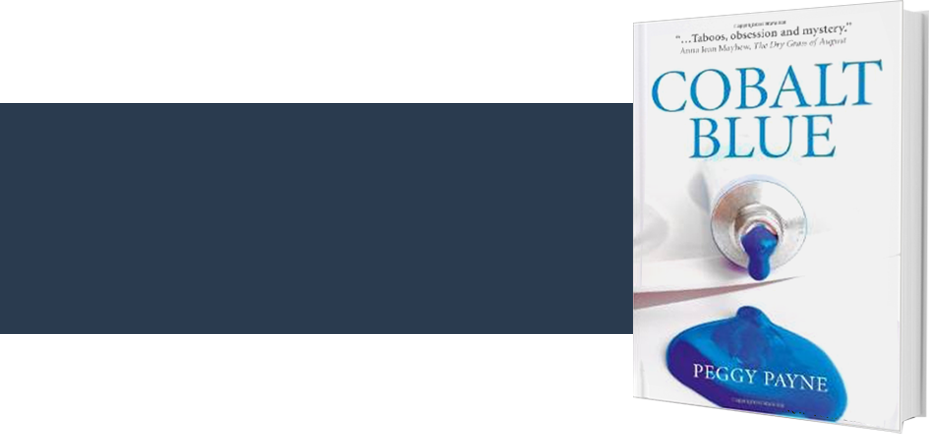All’s Forgiven?

Dear Nicholas, What two words do you wish you could have told your younger self? That’s the question of a mini-quiz floating around online. The two words that I quickly chose are: all’s well. I’ve thought about that some more. I’m also tempted by: all’s forgiven.
If I thought that all were forgiven (and some moments entirely deleted) then all would be pretty close to well, to right, in my mind.
The Persistent Question
The did-I-do-something-bad question is so often on my mind. It’s the chief way I torment myself. More so today, paradoxically because we recently celebrated Christmas. I haven’t quite finished with that observance, because our holiday took a weird turn and we missed the family festivities. So I noticed as I poured my cereal this morning that I was singing “O Holy Night.”
For Christians, Christmas is of course celebration of the birth of Jesus. (I’m Christian with an added theological blend of Hindu, pagan, and Jew.) Jesus is savior in large part because “He died for our sins.”
I’d much prefer that no one had to die for my sins. That seems to simply add to any damage I’ve done in the world.
A Badly-Needed Cleanup Crew
But I’d like someone going behind me cleaning up messes, real or imagined, sort of like the guys with shovels and buckets who follow the horses in a parade.
They could travel behind me saying things like:
*she didn’t mean it that way
*she just wasn’t thinking
*she has good intentions mostly
or
*really, she’s just not that great at emotional stuff
I’m thinking about these matters more right now because I do so a whole lot more when I’m anxious but don’t know it. For one thing, there was our weird holiday: overnight Christmas eve in the emergency room.

Husband Bob had his blood pressure and pulse plummet and then take their time about getting right again. On-call doc said go to ER. No answer was discovered. No trouble has cropped up since.
Subterranean Stress
But he has a slightly unnerving medical procedure coming up soon, postponed from before Christmas. It’s low-risk, a shoring up of his aorta. But it unsettles us. I think it’s causing both of us subterranean stress.
For me (and perhaps for him) the results are physical. I felt fine staying with him in the hospital. But then Christmas night at home I got a bout of extreme vertigo and nausea that was gone by the next morning. Last night, almost two weeks later, I was waked by a loud ringing.
Last night, almost two weeks later, I was waked by a loud ringing.
Alarm!
I thought it was a watch alarm gone rogue. I put in ear plugs and it got louder. I went into the next room and it was still there. Tinnitus it’s called and stress is frequently a trigger. I never had this happen before and now as I write I have to listen hard to hear it, a faint distant ringing, possibly just the refrigerator.
It might be easier to just worry rather than to lose my balance and hear an imaginary alarm. It might be less painful to be anxious and know it.
Or maybe not. I don’t know.
I started off this post writing about a desire for forgiveness for any and every thing I ever messed up in life. I then moved to my beloved Bob’s health.  Do I imagine that if I’d led a flawless life he would never have health problems?
Do I imagine that if I’d led a flawless life he would never have health problems?
That would be such a stupid thing to believe.
Perhaps if I look hard at it for long enough, I’ll figure out that there’s no connection, that I don’t have that kind of control, which is both a bad thing and a good thing.
I’ll end this here. That’s all I can say about it today. Now I return to working on my book-in-progress, which also deals a bit with the big mysteries.
Much more later,
Peggy
#forgive #allswell
Categories: Uncategorized
Tags: all's well, anxious but don't know it, be anxious, big mysteries, blood pressure, desire for forgiveness, didn't mean it that way, died for our sins, flawless life, good intentions, imaginary alarm, kind of control, lose my balance, loud ringing, nausea, persistent question, subterranean stress, tinnitus, told your younger self, vertigo, wasn't thinking, what two words



Comments
It would be much easier (and more correct) to believe that had Bob led a flawless life, he might have better health. You could not have had anything to do with it, just by your actions, unless you consciously (or subconsciously) fed him things that would make him more likely to develop poor health, kept him from sleeping, made him smoke and nagged him until he couldn’t take it anymore. Somehow I doubt you were guilty of those!
I am looking forward to the newest book – so get busy!
Bob’s a health nut, Judy, works out most days, eats right, doesn’t smoke, etc. I’m the one who curls up with a book, a spoon, and a half gallon of ice cream. But it seems that there are some things neither of us can control. I’ll see if I can pick up speed on this book– I’m glad you’re interested.
Ah, forgiveness. Such a central concept in life. A theological concept for sure, but maybe more importantly a personal skill. If one identifies as Christian, then there’s a theology with atonement and forgiveness as central aspects. And there are mandates to forgive and to accept forgiveness. But it’s quite hard on a practical level to find much about just how to learn to do that. One might make a decision to forgive or accept forgiveness but the skill for translating that into a state of feeling forgiven or forgiving isn’t something that necessarily follows. Your blog made me remember something from the past that I had found helpful with that –a meditation by Stephen Levine. Haven’t used it in many years but found this version of it on line and was glad to be reminded of it. https://www.livingdying.org/forgiveness-meditation/
Forgiving one’s self is the hardest thing, I think. But then I feel I’ve been little wronged by others. If I’d had some trauma, I’d likely be struggling. Sometimes I’ve tried to apologize for something years later and found that the person I thought I’d hurt somehow has no memory of what happened at all. Then I feel sort of silly. What I find most helpful when I’m feeling guilt-ridden is to imagine someone else harshly accusing me and then I can tell that imagined person to go away, let me bad, whatever it was wasn’t that bad. Again, if I’d done something like running over someone in my car because I was on the phone, it likely wouldn’t work. It’s complicated….Thanks for the S. Levine link. I loved a book of his on dying.
Sometimes i think vengefulness can be so strong because it likely functioned/functions in our deep dark primitive animal past to keep one alive midst hostile forces. That Forgiveness meditation is in Levine’s “Who Dies”, the best book about death I know. As I remember that Buddhist influenced meditation, it all comes back to letting yourself into your own heart for compassion and forgiveness – like charity, it begins at home. Staying punitive or mad about something is kinda like taking poison and expecting the other person to die. And if you’re the other person it sure can lead to your own psychological suffering and death. Thinking of how forgiving you’d be with a beloved adult or child can often help us treat ourselves with the same kindness and compassion that we give the other people who we love.
It seems a never ending lesson to be re-lived and re-learned over and over and over again.
“And if you’re the other person” is a good way of putting it. That’s the one I wrestle with. And I like your solution. If one of my loved ones were pickling themselves in guilt over something they think they said or did bad to me, I would be quite unhappy about that. I’d be desperate to get them to stop.
You’d forgive ’em – as you can, and I hope you will, practice w/ the imagery I suggested. Practice makes Progress.